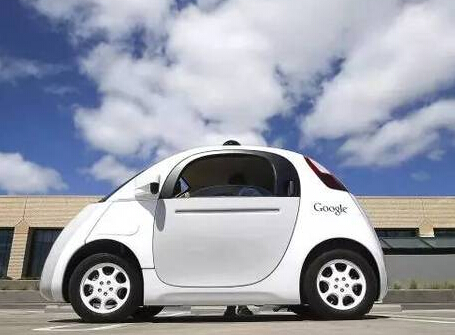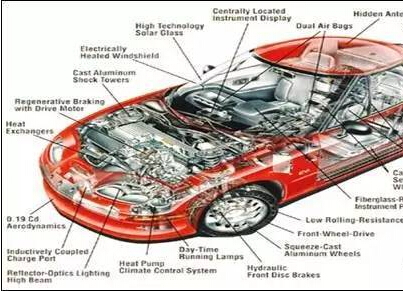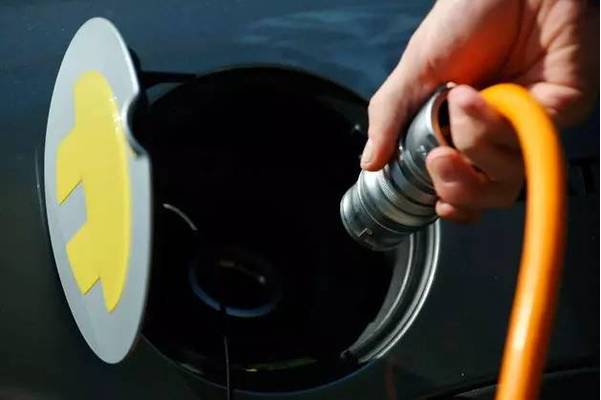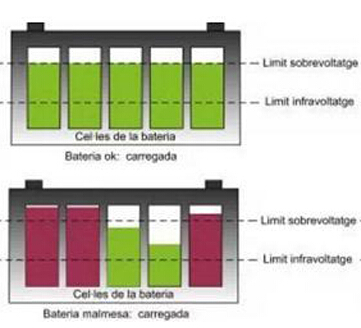A few days ago, we analyzed the differences in the emissions of electric vehicles and fuel vehicles. Today we talk about the other differences between the two and the advantages of electric vehicles.
First, the difference in economic performance
At present, there are many indicators on the economic type of electric vehicles, but they are only limited to the calculation and comparison in the field of electric vehicles. They cannot be directly compared with the economic models of traditional fuel vehicles. It is necessary to establish an indicator to make the economical models of the two comparable. Here, the "energy rate" is used as a unified indicator for comparison. The so-called energy rate refers to the amount of money required for the vehicle's driving unit mileage to consume energy, and its unit is yuan/100km.
Second, the difference in business models
The sales models of traditional cars mainly include: 4S shop mode, automobile trading market, automobile supermarket and so on. Because of the fundamental shift in the form of energy consumption, the ratio of its energy supply network, energy supply time and form, and vehicle value is very different. These huge differences determine that electric vehicles must adopt a different business model than fuel vehicles. At present, there are mainly the following new business models for electric vehicles in China.
The first is the overall purchase mode of the car power. In this mode, the energy supply is mainly based on charging and quick change. The advantage of purchasing is that the ownership is complete, the disadvantage is that the price is higher, and the consumer has to bear the cost of battery maintenance and subsequent replacement, mainly relying on self-charging to supplement the power.
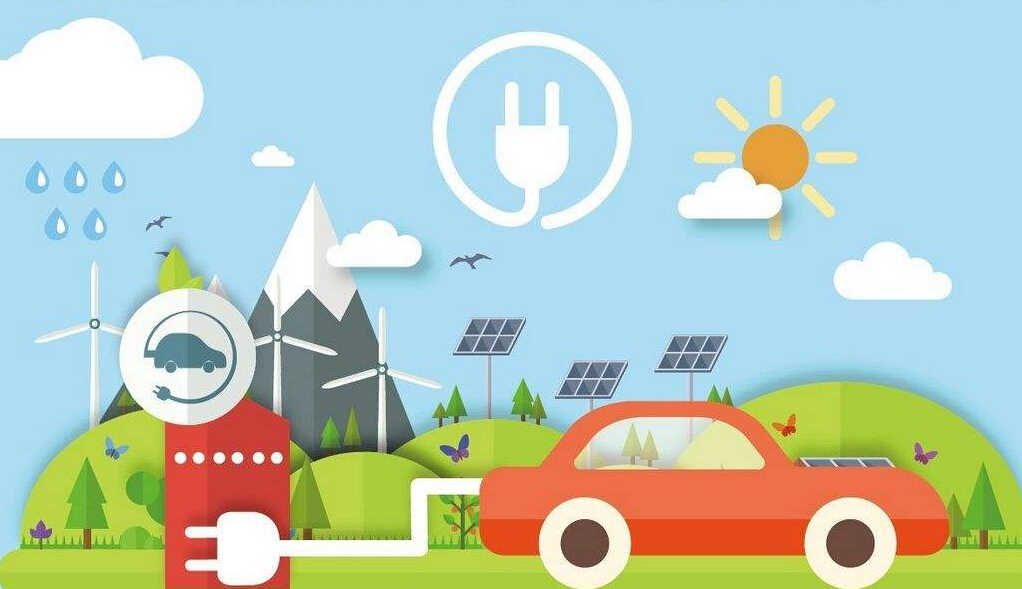
Third, the advantages of electric vehicles
1. This is the most prominent advantage of electric vehicles. There is no exhaust gas generated during the use of electric vehicles, and there is no problem of air pollution at all compared with conventional fuel vehicles. Some people say that the secondary energy used in electric vehicles—electrical energy pollutes the atmosphere when it is produced by a thermal power plant. It simply transfers pollution from the city to the suburbs. In fact, electric vehicles do not simply change the air pollution. Compared with traditional fuel vehicles, it does reduce pollution. Because the power source is diversified, many energy sources such as water, wind, solar, tidal, and nuclear energy can be efficiently converted into electric energy. Even if the electric energy of the electric vehicle is entirely from a thermal power plant, the overall energy utilization efficiency is high. Conventional fuel vehicles in the city, that is to say the use of electric vehicles, has reduced most of the air pollution. In addition, if you avoid the peak charge at night, you can further reduce energy waste.
















 RCCN WeChat QrCode
RCCN WeChat QrCode Mobile WebSite
Mobile WebSite